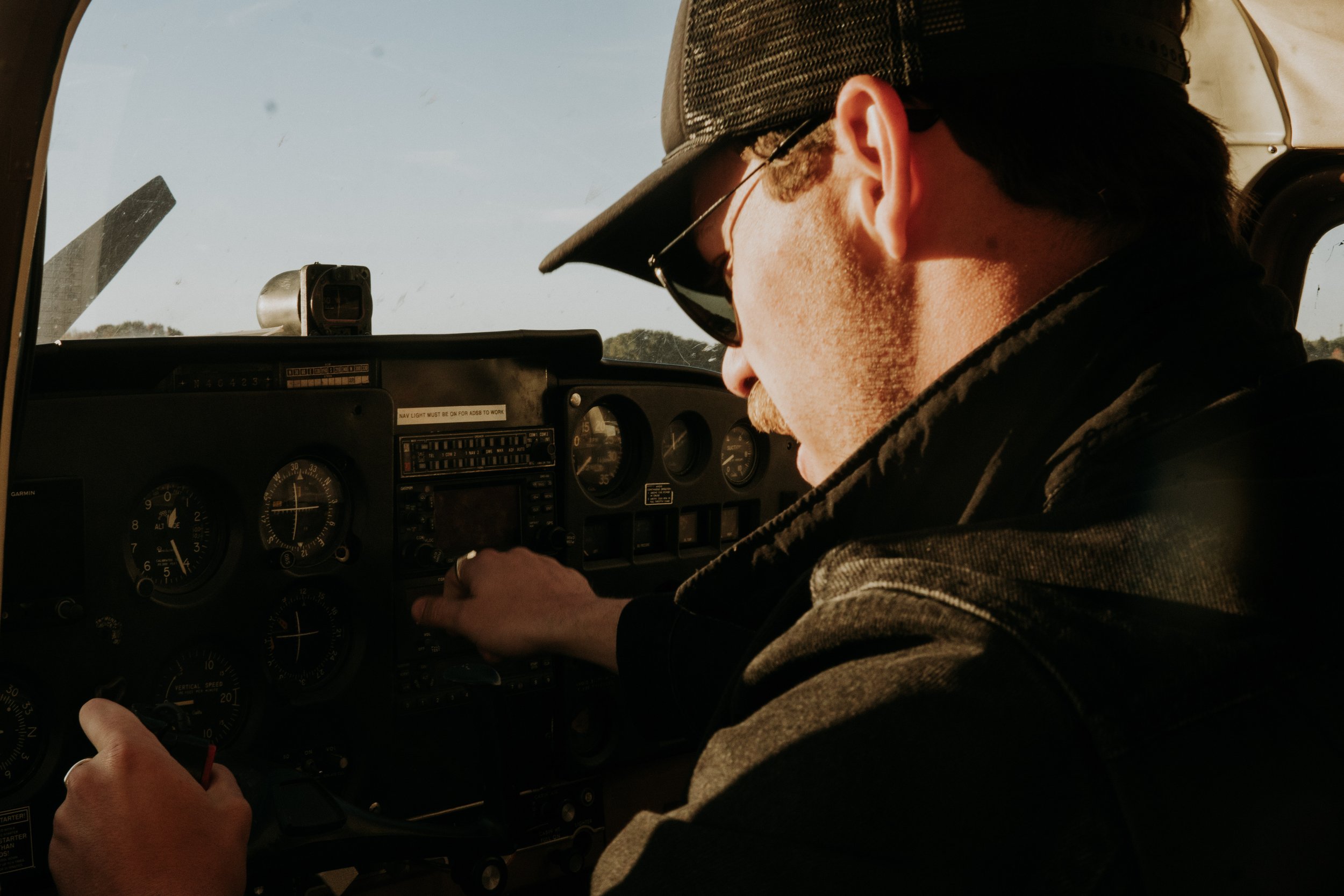Career Pathways: Exploring Exciting Opportunities in the Aviation Industry
The aviation industry is an exhilarating field that offers a diverse range of career pathways.
Whether you have dreams of flying airplanes, managing aviation operations, ensuring safe air traffic, or maintaining aircraft, this industry has something for everyone. In this blog, we will explore various career paths within the aviation industry, including commercial airline pilot, private pilot, air traffic controller, aircraft mechanic, and aviation management. We'll discuss the requirements, training, and potential career opportunities in each field to help you chart your course to success.
Commercial Airline Pilot: Commercial airline pilots are responsible for safely transporting passengers and cargo across the world.
Becoming a commercial airline pilot requires dedication, skill, and a passion for flying. The typical requirements include:
Education: A high school diploma or equivalent is the minimum requirement, but many aspiring pilots pursue a bachelor's degree in aviation or a related field.
Training: Pilots must obtain a private pilot license, followed by an instrument rating, commercial pilot license, and an airline transport pilot license (ATPL). They also undergo extensive flight training, accumulating a specified number of flight hours.
Career Opportunities: Commercial airline pilots can work for major airlines, regional carriers, cargo airlines, or charter companies. They may progress to become captains or pursue opportunities in aviation management.
Private Pilot: If flying is your passion and you seek a more flexible career, becoming a private pilot might be the right choice.
Private pilots typically fly smaller aircraft and cater to individual needs. Here are the requirements and opportunities in this field:
Education: While a high school diploma suffices, many private pilots opt for additional aviation education or a bachelor's degree.
Training: Aspiring private pilots must obtain a private pilot license (PPL) and instrument rating. Additional ratings and endorsements can enhance their skillset.
Career Opportunities: Private pilots can work for individuals, corporations, or organizations that require private air transportation. They can also pursue careers in aerial photography, aerial surveying, or flight instruction.
Air Traffic Controller: Air traffic controllers play a vital role in ensuring safe and efficient aircraft movement.
They manage air traffic flow, provide pilots with instructions, and monitor radar screens. Here are the requirements and opportunities in this field:
Education: A bachelor's degree in air traffic management or a related field is usually required.
Training: After completing their degree, aspiring air traffic controllers undergo specialized training provided by the Federal Aviation Administration (FAA).
Career Opportunities: Air traffic controllers can work at airports, control towers, approach control facilities, or en-route centers. They can progress to supervisory roles or explore opportunities in aviation management.
Aircraft Mechanic: Aircraft mechanics, also known as aviation maintenance technicians, are responsible for inspecting, repairing, and maintaining aircraft to ensure their safe operation.
Here's what you need to know about this career path:
Education: A high school diploma or equivalent is typically required. Completing a certified aviation maintenance program is highly recommended.
Training: Aspiring aircraft mechanics must obtain an Airframe and Powerplant (A&P) certificate issued by the FAA. This requires passing written, oral, and practical examinations.
Career Opportunities: Aircraft mechanics can work for airlines, maintenance and repair organizations (MROs), or aircraft manufacturers. They may specialize in specific aircraft types or systems and can advance to supervisory or managerial positions.





